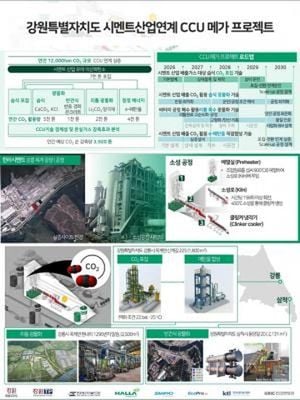In a rapidly evolving digital landscape, the impact of artificial intelligence (AI) on search engine optimization (SEO) is becoming increasingly significant. A recent study by Ahrefs has revealed that Google's introduction of the AI Overviews feature has led to a dramatic decline in click-through rates (CTR) for popular websites. Since the feature's rollout, users are 34.5% less likely to click on search results, a statistic that contradicts Google's claims that generative AI enhances user engagement with web content.
Ahrefs analyzed 300,000 search queries, splitting them between those that included AI Overviews and those that did not. The findings indicated that 99.2% of queries featuring AI Overviews were informational in nature. Before the feature's launch in March 2024, the average CTR for the top search result was 0.073, but this figure plummeted to 0.026 a year later. Without AI Overviews, Ahrefs estimates the expected CTR would have been approximately 0.04. Ryan Lau, Ahrefs' Director of Content Marketing, predicts that click-through rates will continue to decline as Google experiments with a more aggressive redesign called AI Mode, which will prioritize dialog-based interactions with AI-generated answers.
As companies like OpenAI and Perplexity also promote models that extract information directly from web pages, the implications for the open internet are profound. If this new AI-driven search model prevails, websites risk losing visibility and direct contact with users, as large tech companies become the primary custodians of information. This shift necessitates that publishers and content creators adapt to the platforms' rules to effectively reach their audiences.
In addition to these challenges, the article discusses how AI can streamline the process of getting websites to the top of search results. According to Analytics Insight, 63% of SEO specialists are already using AI, while 21% of companies are testing neural networks for specific tasks. For instance, PrivateSEO has significantly reduced the time required to develop website structures, allowing for faster delivery of results. What once took weeks can now be accomplished in just 10 minutes with a quality prompt.
However, the advent of neural search technology, particularly from Yandex, is reshaping traffic flows and user engagement strategies. Informational websites that provide straightforward answers—like recipes or weather forecasts—are losing traffic as neural search delivers immediate responses, reducing the need for users to visit those sites. For commercial websites, being featured in neural search can provide a competitive edge by attracting targeted and highly convertible traffic.
To succeed in this new environment, pages must be concise, well-structured, and compelling. The algorithms of search engines today assess websites based on logical structure, usability, and information accuracy rather than mere keyword density. SEO specialists must avoid common pitfalls, such as using AI-generated content without proper editing. While AI can produce text, it often results in generic noise without human oversight, leading search engines to classify such content as low-quality.
Moreover, the absence of micro-markup and poor structural organization can hinder a website's performance. Search engines require clear and structured information, and a disorganized page can confuse algorithms, reducing its chances of ranking for relevant queries. Consequently, SEO experts must ensure that their content is not only informative but also visually engaging, incorporating elements like buttons, tables, and infographics to enhance user experience.
As the SEO landscape evolves, professionals must adapt to new trends, including the rise of voice search. Users increasingly interact with technology using natural language, posing questions as they would to a friend. This shift underscores the importance of understanding user intent, which AI can help decipher, enabling the creation of more relevant content that addresses user needs proactively.
In this context, successful SEO is no longer just about optimizing for keywords but also about optimizing for context. Even if a website meets audience expectations today, the competitive environment is dynamic; what works now may not work tomorrow. Continuous improvement and adaptation are essential for maintaining a competitive edge.
Despite concerns among some SEO professionals that AI might replace human expertise, it is clear that the future of SEO lies in the collaboration between humans and AI. This partnership enables the creation of content that resonates with audiences while leveraging AI's capabilities to analyze vast data sets quickly. As SEO evolves, the ability to formulate high-quality queries and prompts will become increasingly valuable, allowing specialists to harness AI effectively.
In conclusion, while AI will not single-handedly propel a website to the top of search results, its integration into SEO practices is crucial. The dialogue between SEO specialists and their audience must continue, with AI serving as a vital tool in understanding and meeting user needs. By embracing this technology, businesses can enhance their digital strategies and remain competitive in an ever-changing online landscape.





